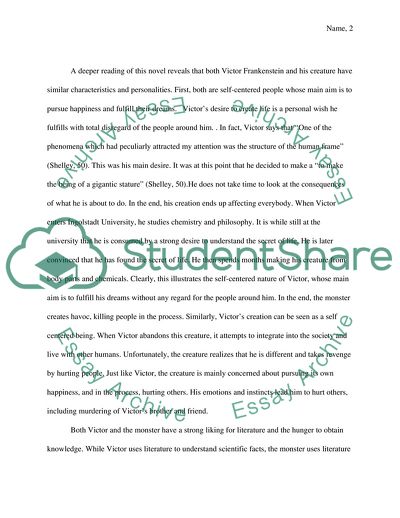Cite this document
(Analysis of Frankenstein by Mary Shelley Literature review, n.d.)
Analysis of Frankenstein by Mary Shelley Literature review. https://studentshare.org/literature/1861751-frankenstein-by-mary-shelley
Analysis of Frankenstein by Mary Shelley Literature review. https://studentshare.org/literature/1861751-frankenstein-by-mary-shelley
(Analysis of Frankenstein by Mary Shelley Literature Review)
Analysis of Frankenstein by Mary Shelley Literature Review. https://studentshare.org/literature/1861751-frankenstein-by-mary-shelley.
Analysis of Frankenstein by Mary Shelley Literature Review. https://studentshare.org/literature/1861751-frankenstein-by-mary-shelley.
“Analysis of Frankenstein by Mary Shelley Literature Review”. https://studentshare.org/literature/1861751-frankenstein-by-mary-shelley.


